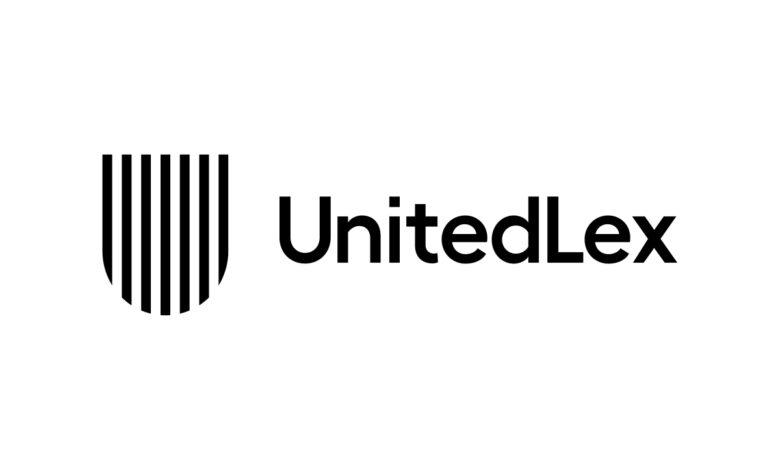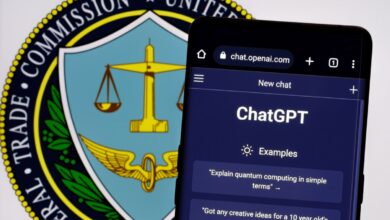Powering Privilege Logging with Generative AI | UnitedLex

In the ever-evolving landscape of legal technology, artificial intelligence (AI) is transforming the way legal professionals approach their daily tasks. One significant stride in this realm is the advent of Large Language Models (LLMs) and Generative AI, which offer unprecedented capabilities in generative and predictive tasks—from legal research and document draft automation to offering valuable insights into potential legal outcomes.
Professional Conduct Guidance in Using Generative AI
With the introduction of GenAI into the legal space, rules of professional conduct for use, including treatment of confidential information and client privilege, come into question. In November 2023, the California Bar Association published an advisory, Practical Guidance for the Use of Generative Artificial Intelligence in the Practice of Law, that offers high-level guidance on this topic, becoming one of the first to do so.
Further, the ABA Model Rules provide that attorneys have a duty to provide competent representation to their clients. This includes the duty to stay “abreast of changes in the law and its practice, including the benefits and risks associated with relevant technology” (ABA Model Rule 1.1, cmt. 8.).
Considerations for Using GenAI for Privilege Logs
Consistent with trends in adoption of AI technologies in parts of the eDiscovery process, including document review, the application of AI (including GenAI) in other parts of the process must be understood. This is true for privilege logs, which are a burdensome, and often contentious, part of the litigation process.
How It Works
Large language models are AI systems capable of understanding and generating human language by processing vast amounts of text data. In the case of privilege log creation, models assess the content of documents and provide custom-tuned summaries of the content and privilege asserted.
Benefits of Deploying AI Tools in Privilege Logging
Traditionally, creating and defending privilege logs is a time-consuming task for legal professionals due to the largely manual drafting process. With GenAI, the process is streamlined, allowing practitioners to save valuable time—an estimated 40 percent, across first-pass logging, quality review, and delivery. GenAI can quickly generate short document summaries, increasing insight into the content to validate privilege log coding. Simultaneously, it delivers swift analysis across troves of documents to identify privileged information and related subject matter to categorize it with heightened precision.
Precision and Accuracy Gains
The meticulous nature of creating privilege logs demands a high level of accuracy. LLMs can be used to develop complex, accurate models that involve millions, or even billions, of decision points to classify and analyze documents. AI technology can recognize patterns, nuances, and subtle details that might be overlooked by even the most vigilant human eyes, ensuring a more consistent and precise privilege log.
Cost-Effectiveness
The use of GenAI in generating privilege logs also delivers cost savings. Based on real-world tests and client results, review teams can save 25 percent compared to a typical manual privilege log process. The reduction of manual review combined with faster iteration cycles translates to lower operational costs, enabling legal professionals to allocate resources more strategically.
Adaptability to Evolving Data Landscapes
As the volume and complexity of data continues to grow, the adaptability of GenAI is critical. AI algorithms can adapt to new data formats, evolving legal standards, and changing case requirements. This flexibility ensures that legal professionals stay ahead of the curve in handling diverse and dynamic data sources.
Ensuring Compliance
Compliance with legal and ethical standards is a cornerstone of the legal profession. The use of GenAI in generating privilege logs provides a measurable and auditable trail, highlighting the systematic approach taken in identifying and handling privileged information. This not only streamlines compliance but also enhances the defensibility of eDiscovery processes in legal proceedings.
The Human Element
As legal professionals navigate new use cases for AI, it is imperative that they maintain their duty of diligence. (See ABA Model Rule 1.3 requiring that “A lawyer shall act with reasonable diligence […] in representing a client.”) This includes taking a grounded approach by using technology not to supersede attorney review, but rather to enhance it.
While AI brings unparalleled efficiency to privilege log creation, it is essential to highlight the synergy between technology and human expertise. Legal professionals play a crucial role in refining AI-generated results, ensuring that they accurately capture the nuanced aspects of legal privilege.
The ever-growing availability of Generative AI brings the possibility of new use cases in legal and marks a transformative moment for legal professionals. From efficiency gains to heightened accuracy, cost-effectiveness, adaptability, and compliance assurance, the benefits are substantial. As the legal landscape continues to evolve, embracing AI is not just a choice but a strategic imperative for attorneys committed to delivering exceptional and efficient legal services.



